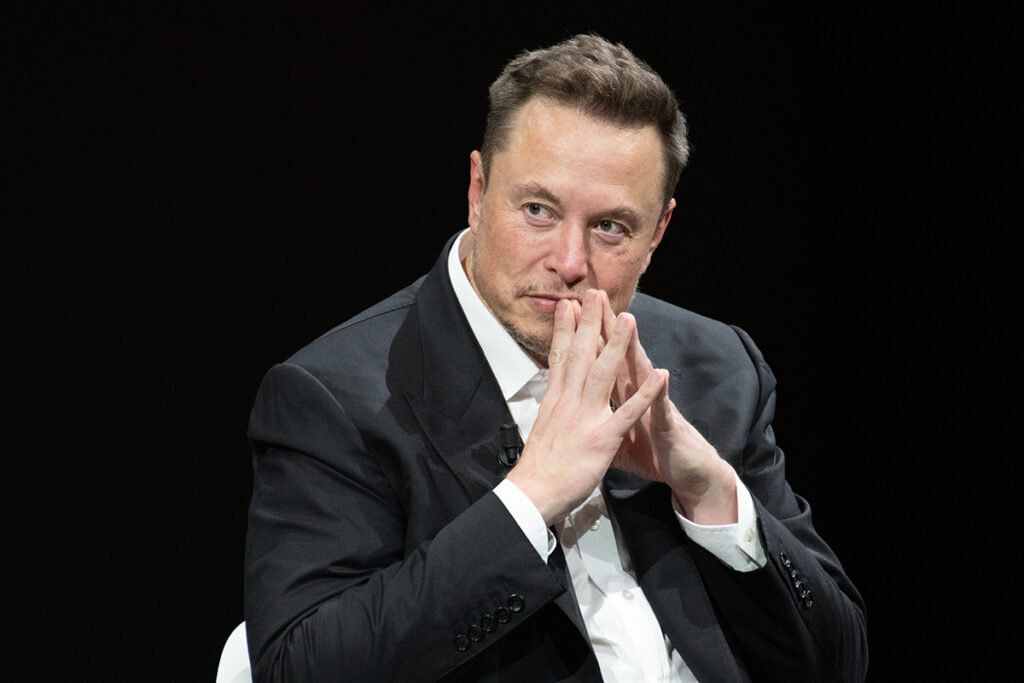Nigel Farage, leader of the Reform UK Party, has become embroiled in a public disagreement with Elon Musk. The tech billionaire criticized Farage’s leadership, suggesting that a change is needed within the party. This unexpected exchange sparked a flurry of reactions on social media, with both figures standing firm in their positions.
Musk’s critique centered on his belief that Farage lacks the qualities required to lead the Reform UK Party effectively. This statement drew attention not only to Musk’s views on British politics but also to his motivations for entering the debate. Public discussions quickly expanded, with Musk’s recent advocacy for controversial activist Tommy Robinson adding another layer of complexity.
Musk Advocates for Change
Elon Musk has recently taken an active role in political discussions, including those beyond his native United States. In his comments on the Reform UK Party, Musk argued that Farage’s leadership is insufficient for the party’s ambitions. This assertion, delivered through social media, captured significant public interest and fueled debates about Musk’s political involvement.
Compounding the controversy, Musk has voiced strong support for Tommy Robinson, currently serving a prison sentence for contempt of court. Musk has criticized the length of Robinson’s sentence and the use of solitary confinement, describing these actions as excessive. His views on Robinson have been polarizing, drawing both support and criticism from various corners of public discourse.
Farage Defends Leadership
In response to Musk’s critique, Nigel Farage reaffirmed his commitment to the Reform UK Party’s values and direction. While acknowledging Musk’s influence and achievements, Farage defended his leadership as aligned with the party’s core principles. He reiterated his belief that Tommy Robinson does not fit within the party’s framework, rejecting any suggestion of Robinson’s involvement.
Farage’s stance reflects a broader effort to maintain the party’s identity amidst external criticism. His position underscores the challenges of leading a political movement while balancing the expectations of supporters and addressing high-profile detractors. By standing firm, Farage aims to solidify his leadership and maintain the integrity of the party’s vision.
Tommy Robinson’s Divisive Role
Tommy Robinson, remains a highly contentious figure in British politics. His supporters argue that he exposes societal issues, while his critics highlight his criminal record, including the current conviction for contempt of court. Robinson’s actions, according to Farage, were unrelated to whistleblowing and instead constituted a violation of legal protocols.
The controversy surrounding Robinson highlights the broader challenges faced by leaders like Farage. While some observers see Robinson as a potential ally for Reform UK, others view him as too divisive. Farage’s decision to distance the party from Robinson reflects his prioritization of principles over political expediency, a stance that aligns with his broader leadership approach.
The Broader Implications
The public disagreement between Musk and Farage exemplifies the growing intersection of politics and global influence. Figures like Musk, with significant reach and resources, increasingly weigh in on political debates, amplifying their impact on public opinion. This dynamic creates additional challenges for political leaders who must navigate both domestic and international scrutiny.
Farage’s response to Musk underscores his commitment to maintaining the Reform UK Party’s principles despite external pressure. Meanwhile, Musk’s foray into British politics reflects a broader trend of tech moguls engaging in global political discourse. The clash between these two figures has reignited interest in the Reform UK Party’s leadership and its future direction, making it a focal point in ongoing discussions about political accountability and influence.


